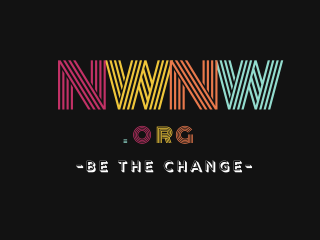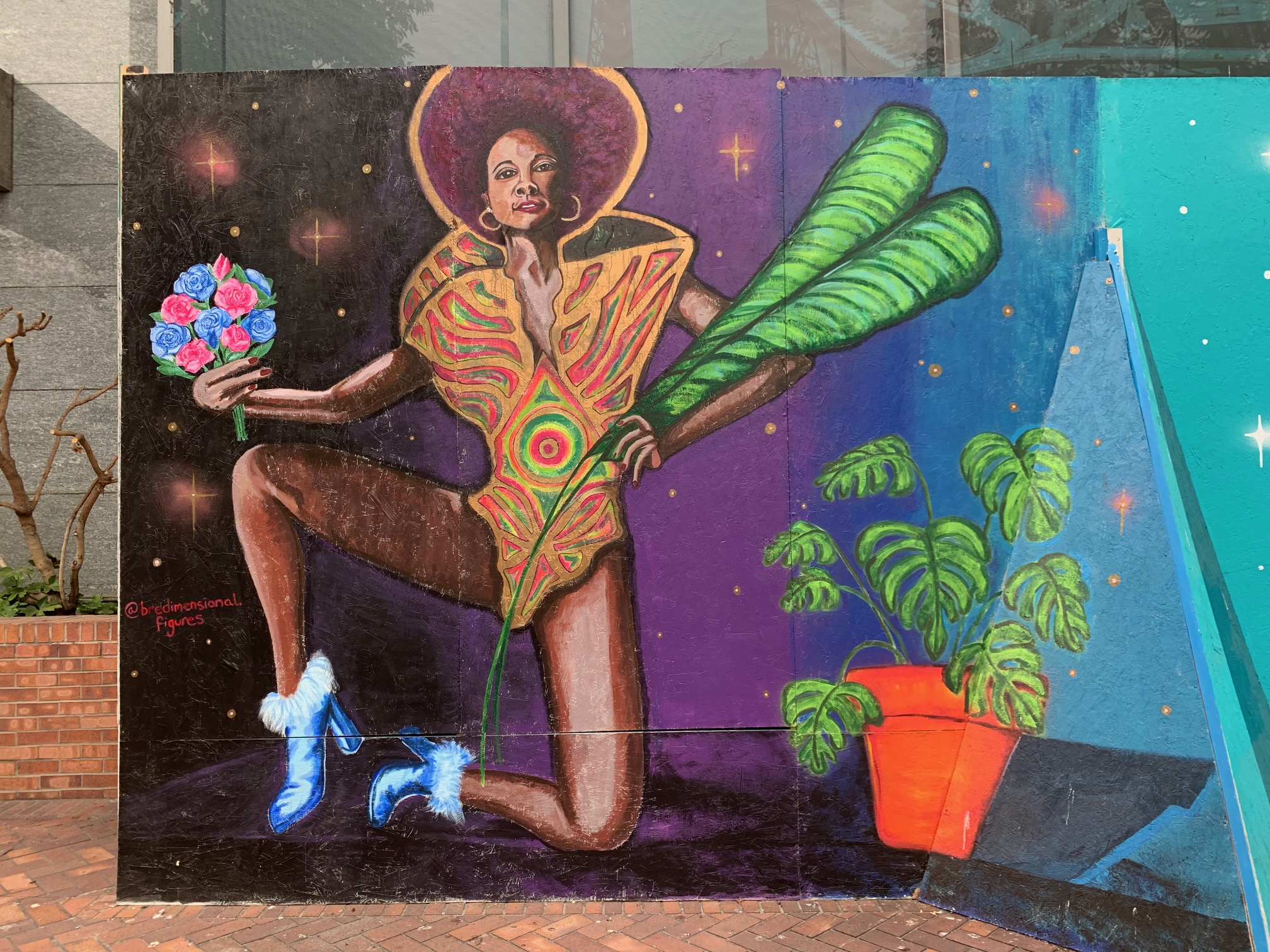Many neighborhood associations have expressed a desire to diversify their membership and build relationships with identity-based groups. That’s great! It’s a crucial endeavor for any group that wants to meaningfully represent a community. We’ve broken down some key terms and ideas to help orient you to this work. This information is intended as a research jumping off point and is based on staff research and experiences.
Understanding Diversity, Equity and Inclusion (DEI)
These terms are often grouped, but it’s important to understand how they work individually and collaboratively to enact change. This excerpt of Dr. Dafina L. Stewart’s work provides an effective summary:
- Diversity asks, “Who’s in the room?” Equity responds: “Who is trying to get in the room but can’t? Whose presence in the room is under constant threat of erasure?”
- Inclusion asks, “Has everyone’s ideas been heard?” Justice responds, “Whose ideas won’t be taken as seriously because they aren’t in the majority?”
- Diversity asks, “How many more of [pick any minoritized identity] group do we have this year than last?” Equity responds, “What conditions have we created that maintain certain groups as the perpetual majority here?”
These are questions to ask yourself and your board. As you can see from the passage above, it’s not enough to ask who isn’t represented—you have to confront why. Take time to notice who is on your board. Have discussions about why your neighborhood association attracts the people that it does. Are you engaging in issues that matter to renters? Are you trying to make your neighborhood more welcoming to immigrants? No organization needs to be all things to all people, that’s impossible and ineffective! But if your association sincerely wants to serve more people and include diverse perspectives, these are the tough questions you need to ask.
Building Relationships
Relationships won’t just happen. You need to seek them out! And you need to make a case for why you’ll make a good partner. Why would a partnership with your board be beneficial to them? What shared goals do you have?
There is no special list or formula to tell you who to reach out to. It’s up to you to articulate why you want to build new partnerships, and with whom. You have the same research tools as everybody else, but NWNW is happy to help you think of ideas. For example, right now we know that many people are struggling. Think about who might need extra help right now. What resources do you and your membership have that could be useful to others? Do you have a large communications network to alert people to fundraisers and donation opportunities? Can you collect food and clothing for social service agencies?
Some people may have had negative experiences with neighborhood associations. Rather than write them off, earnestly consider their perspective, and think about how things could be better. What has been a positive experience for you may not have been for others. Listening is essential to creating meaningful change.
For ideas on how to begin the work of becoming a more representational and equitable organization you can print out our booklet
or read it online here Building Inclusive Neighborhoods

